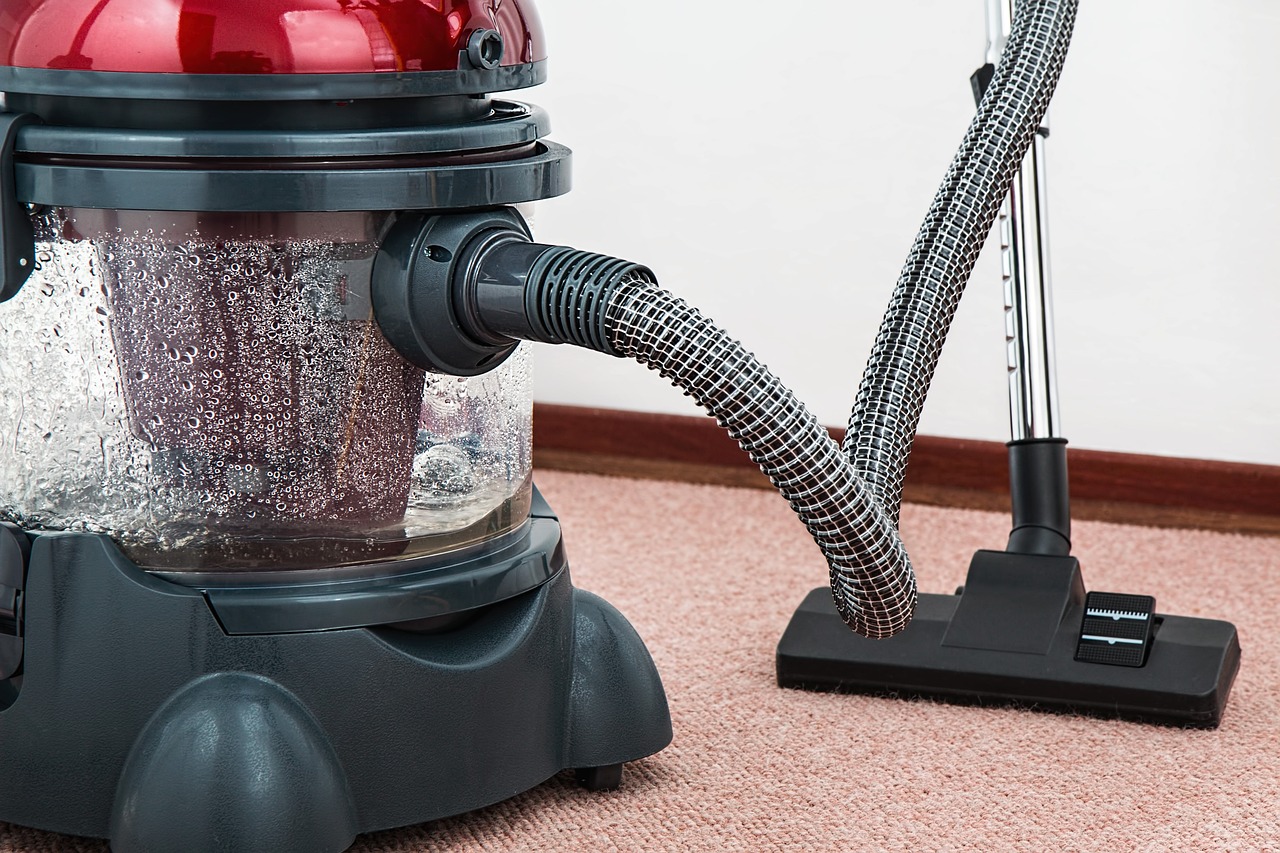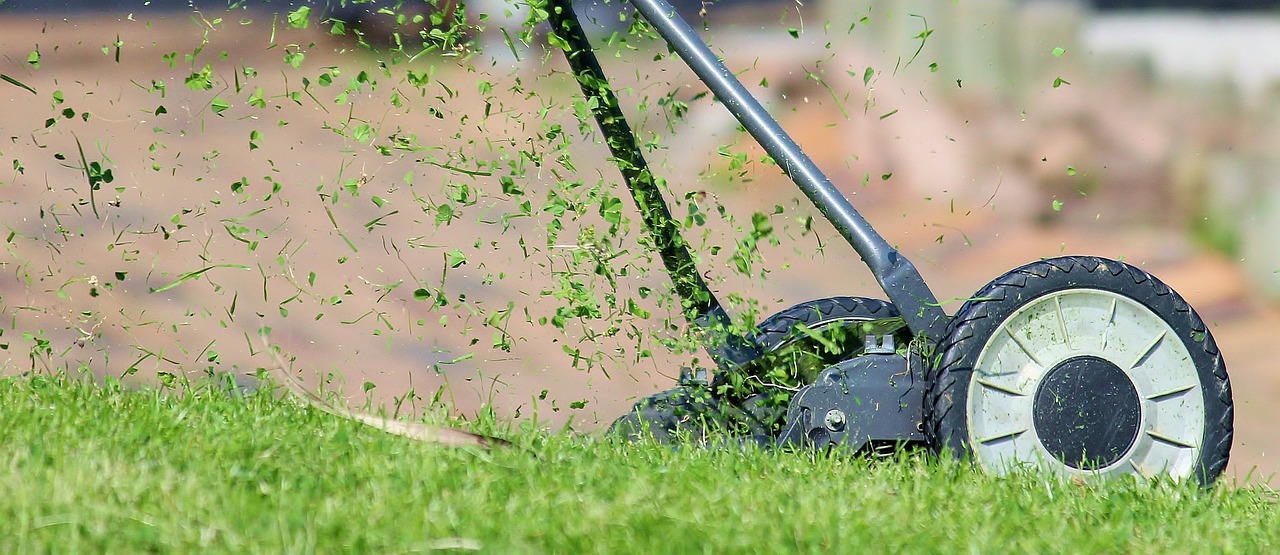Creating a daily cleaning routine can transform any chaotic space into a serene, organized environment, proving essential for maintaining a stress-free home. This guide outlines how to develop a practical home cleaning checklist that fits seamlessly into daily life. By understanding the significance of a structured cleaning schedule, one can easily integrate efficient practices that yield long-lasting results. Additionally, the post offers essential tidy home tips tailored for every room, ensuring that each area of the home receives the attention it deserves. Ultimately, the secrets to sustaining this cleaning routine lie in consistent application and mindful adjustments that resonate with individual lifestyles.
Understanding the Importance of a Daily Cleaning Routine
Creating a daily cleaning routine is essential for maintaining an inviting and organized home. A well-structured home cleaning checklist allows individuals and families to tackle tasks efficiently, ensuring that every space remains presentable and manageable. More importantly, a consistent cleaning schedule significantly reduces stress levels by preventing clutter buildup, which can be overwhelming for many.
When daily chores are integrated into one’s routine, they can be accomplished in small bursts, preventing the need for extensive cleaning sessions on weekends. This approach encourages a tidy environment and fosters positive habits for individuals, including children who learn the value of cleanliness early on. Here are a few key points to consider:
| Benefits of a Daily Cleaning Routine | Description |
|---|---|
| Reduces Stress | A clutter-free space minimizes anxiety and promotes relaxation. |
| Enhances Productivity | A tidy environment boosts focus and efficiency, making daily tasks easier to manage. |
| Instills Good Habits | Regular cleaning habits help kids develop responsibility. |
| Saves Time and Effort | Quick daily tasks are far less daunting than overwhelming weekend cleaning marathons. |
Emphasizing these principles helps in creating a sustainable and effective cleaning schedule, resulting in a serene living space that enhances overall well-being. By establishing a rhythm that incorporates essential tidy home tips, anyone can achieve a clean and comfortable home without feeling crushed by the burden of ongoing chores.

How to Create a Practical Home Cleaning Checklist
Creating a home cleaning checklist is an essential step to ensure that every area of the house stays clean and organized. This checklist not only promotes consistency but also makes cleaning less overwhelming. Here are some effective strategies:
- Identify Key Areas: Start by listing all the key rooms in your home, such as the kitchen, living room, bathrooms, and bedrooms.
- Break Down Tasks: For each room, break down cleaning tasks into manageable chunks. For instance, in the kitchen, tasks can include wiping down surfaces, cleaning the appliances, and mopping the floor.
- Frequency of Tasks: Designate how often each task should be completed. Some tasks may need daily attention, while others can be done weekly or monthly.
- Create a Visual Format: Organize your checklist in a user-friendly format. Bullet points or a table can enhance readability, making it easier to follow your cleaning schedule.
- Daily and Weekly Goals: Set realistic goals for each day. For example, Monday could focus on the kitchen, while Tuesday might be dedicated to the bathrooms. Following these tidy home tips consistently leads to a pristine environment.
By incorporating these elements into your home cleaning checklist, individuals create a clear, efficient plan that makes home maintenance easier and more achievable.
Tips for Integrating a Cleaning Schedule into Your Daily Life
Integrating a cleaning schedule into daily life can feel overwhelming, but it doesn’t have to be. To start, use a home cleaning checklist tailored to your routine. A checklist ensures that no tasks are overlooked, making cleaning manageable. Break tasks down into small, achievable segments to fit seamlessly into your day. For instance, dedicate 10-15 minutes in the morning to quick tidying or set aside a few moments during lunch breaks for light cleaning.
Moreover, consider establishing a cleaning schedule that involves your entire family. Assign age-appropriate chores to kids, fostering a team effort that makes the workload lighter and instills valuable habits. Utilize timers to create focused cleaning bursts. Setting a timer for short tasks can motivate individuals to work efficiently without feeling burdened.
Lastly, during meal preparation or while waiting for laundry, take a moment to do small tasks such as wiping counters or organizing clutter. These timely actions can prevent mess accumulation. With these clever tidy home tips, maintaining a clutter-free space becomes an effortless part of everyday life rather than a daunting chore.
Essential Tidy Home Tips for Every Room
Creating a tidy home requires consistent efforts across different spaces. By implementing focused strategies for each room, anyone can maintain an organized environment effortlessly. Here are some essential tidy home tips to consider:
| Room | Tip |
|---|---|
| Living Room | Declutter surfaces daily; use baskets for remote controls and magazines. |
| Kitchen | Wipe down countertops after meals; employ a home cleaning checklist for key tasks like emptying the trash. |
| Bathroom | Keep disinfectant wipes handy for quick surface clean-ups; swap out towels weekly. |
| Bedroom | Make the bed every morning; establish a system for organizing clothes to avoid piles. |
| Entryway | Use a shoe rack to prevent clutter; encourage family members to hang bags and jackets upon entry. |
By applying these tips and maintaining a flexible cleaning schedule, anyone can cultivate a serene living space that minimizes stress and maximizes comfort. This organized approach ensures that no corner of the home is neglected, allowing for a consistently tidy home without overwhelming effort.

Maintaining Your Cleaning Routine for Long-Term Benefits
To reap the long-term benefits of a daily cleaning routine, consistency is key. Adopting small habits within your home cleaning checklist can help ensure that cleaning becomes a sustainable part of your lifestyle rather than a sporadic chore. Here are some effective strategies to maintain this routine:
- Schedule Regular Check-Ins: Set a specific day each week to review your cleaning schedule. Make adjustments as needed, ensuring that tasks align with your family’s needs and habits.
- Involve the Family: Get everyone on board with the cleaning tasks. Assign age-appropriate duties to children; this teaches responsibility and helps lighten the load on adults.
- Track Your Progress: Use a planner or an app to mark completed tasks. Having a tangible record can motivate individuals to stay on track and visualize their progress.
- Celebrate Small Wins: Recognize the achievements of maintaining a tidy home. Acknowledge milestones with small rewards, encouraging continued commitment to the routine.
- Adapt and Evolve: Life changes can impact routines. Be flexible and willing to modify your tidy home tips as family dynamics and schedules evolve over time, ensuring longevity in your cleaning efforts.
By implementing these strategies, individuals can create a sustainable cleaning routine that elevates their living space, reduces stress, and enhances overall well-being.
Frequently Asked Questions
How can busy parents create a cleaning schedule that fits their lifestyle?
Busy parents can create a cleaning schedule that suits their lifestyle by first assessing their daily routine and identifying available time slots for cleaning tasks. It’s advisable to divide cleaning chores into manageable daily, weekly, and monthly tasks, ensuring that quick cleaning bursts are integrated into their day. Involvement from family members, particularly children, allows for teamwork and shared responsibility. By prioritizing must-do commitments and aligning chores with given time constraints, parents can maintain a tidy home without sacrificing precious family time.
What are the essential daily cleaning tasks that busy parents should prioritize?
For busy parents, essential daily cleaning tasks include making beds, wiping down kitchen counters, loading and unloading the dishwasher, and managing laundry. These tasks require minimal time and effort but make a significant impact on maintaining a clean and organized home. Regularly addressing these smaller chores helps prevent messes from escalating into overwhelming tasks, enabling parents to keep their home tidy even amidst a bustling schedule. Therefore, incorporating these habits into daily routines leads to a consistently clean environment.
How can children be motivated to participate in cleaning tasks?
Motivating children to engage in cleaning tasks can be accomplished by framing chores as fun activities or games. Parents may create a chore chart that indicates specific tasks, and offer small rewards or praise for completing these responsibilities. Involving children in the cleaning process not only makes the chores seem less burdensome but also fosters a sense of teamwork, responsibility, and accomplishment. Age-appropriate tasks can empower kids to contribute effectively, making cleaning enjoyable while instilling lifelong habits.
What strategies can help busy individuals maintain a clean home without excessive time commitment?
To maintain a clean home without dedicating extensive time, individuals can implement a combination of daily quick cleaning tasks and scheduled focused intervals. Establishing a routine that incorporates short, five to ten-minute cleaning bursts throughout the day can help manage chores efficiently. Additionally, setting aside specific days for deeper cleaning tasks, such as vacuuming or organizing, allows for thorough upkeep without the anxiety of cramming all chores into the weekend. Simplifying cleaning supplies and organizing them can also streamline cleaning efforts, making the process faster and more effective.